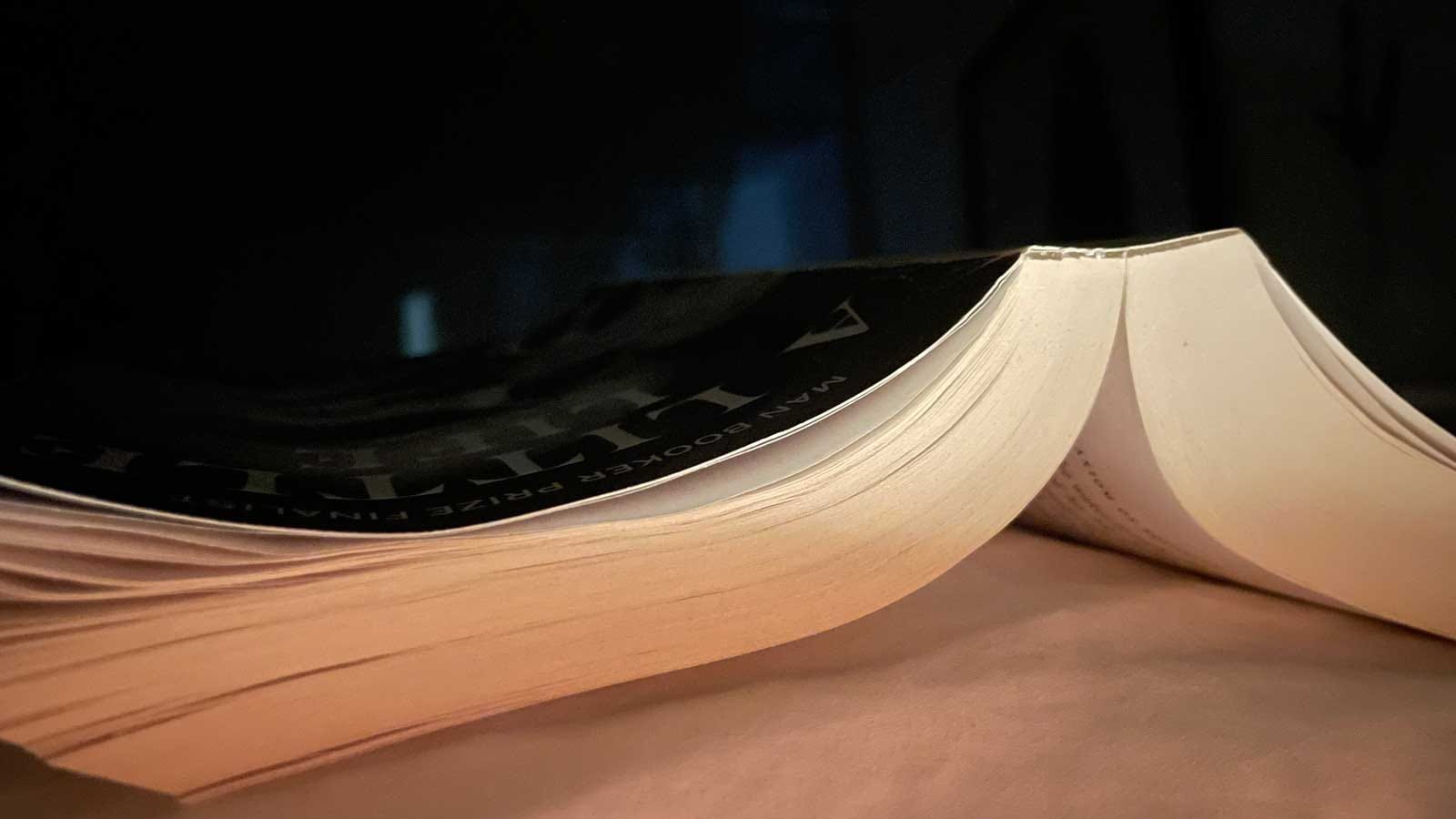This is a rumination: creative inspo, thoughts-out-loud, sidebars. Complementing art/animation shop talk on TLB. You can opt out here.
I mentioned integrity of storytelling in the latest TLB issue—for writers, animators, painters, pastry chefs…anyone crafting something for someone else—and wanted to follow up with thoughts on a book I recently read.
A Little Life by Hanya Yanagihara is over 800 pages long and I was pissed after reading it.1
Initially, I couldn’t put it down. I cried a few times. I wanted to know what happened. Slowly though, I started to feel tricked and lied to. Already hundreds of pages in, I recall muttering out loud: You’ve got to be f*cking kidding me.
The more I tried to articulate why I felt so betrayed, the less I felt able to—at least, concisely. Then, I came across this passage in Anne Lamott’s Bird by Bird: Instructions on Writing, and Life, and it seemed to sum things up perfectly:
If you knowingly fake something to get the plot to move forward—if, for instance, you have taken a character you don't understand and given her feelings you don't really feel because you want the plot to work—you probably won't get away with it. The reader will stop trusting you and will possibly even become bitter and resentful. These are the worst possible things for a reader to become.
I felt that Yanagihara made puppets out of the characters, forcing them to behave and speak in wooden and static ways. She never let them come alive, or develop autonomy.
To be fair, Yanagihara did imply that she wasn't interested in telling a story so much as writing a book. She also stated that she didn’t write A Little Life for other people2 (The New Yorker article is literally called “Hanya Yanagihara’s Audience of One”), and that she wanted it to feel like a “relentless piling on.” It was an exercise in catharsis.
Which is fine, creative expression and experimentation and all that, no rulez, but the book was marketed as literature and shortlisted for a literary honor (don’t ask me, the world is crazy). All this made me think it was going to be something it wasn’t. I gave it trust, heart, time. I expected high craft, and an honest exchange.
It's never fun to feel snookered.3
Anyway, when a story is good, you never want it to end. And when it does, you feel stricken and bereft, as if something beloved has died.
It’s telling when even a fan of the book admits “it did get too long in the end.”
Ironically, the last words of the novel are: “it’s a good story.”
Sucker for sunk cost, sadly.
So then why publish it??
I’m looking at you, Booker Prize people 😑



Thought provoking post Coleen!
I don't believe our job as the artist, is to judge other artists work, because it only gets in the way of discovering what needs to spill out of our hearts onto the page. Same goes for reading critic reviews on our own work. In my opinion, if an artist is making work for someone other than themselves, they are in the wrong game, or lack an understanding of how creativity (not commodity) works. It doesn't sound like the writer of this book was writing for anyone but herself. That is a great thing to have in the world. Great art divides an audience and usually takes a long time to permeate the culture.
Personally, I leave reviews to the folks who don't have the courage to try something that is percolating deep in their heart. Because those are ruminations unchained from fear.
Super duper pumped to see where the mask animation stuff is going, looks freaking incredible and def stirs something inside me when I watch the snippets you post.
Haven't heard good things about A Little Life, either. Have you stumbled across Elia Cugini's article "The Good Little Pig Problem"? Similar topic (it even touches on A Little Life) and very interesting: https://www.gawker.com/culture/booktok-cant-stop-crying-over-the-good-little-pig